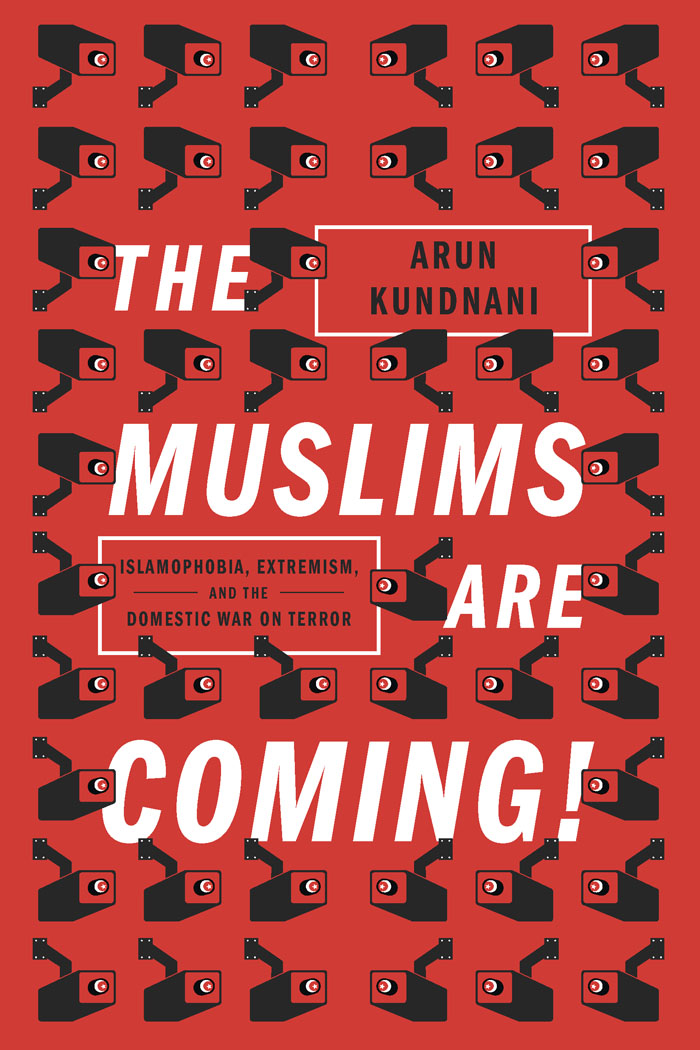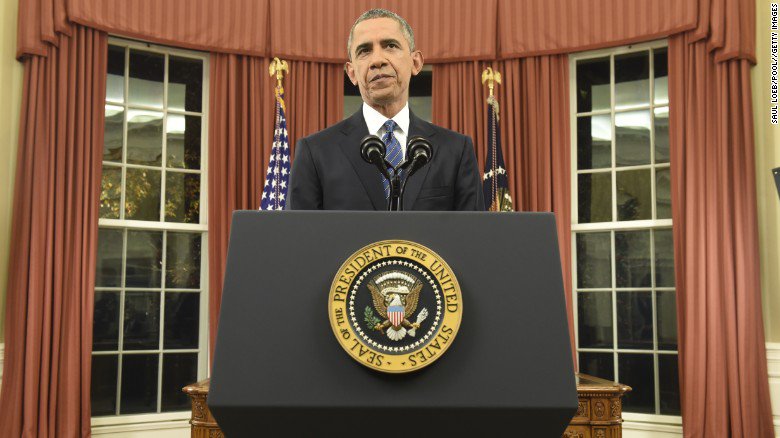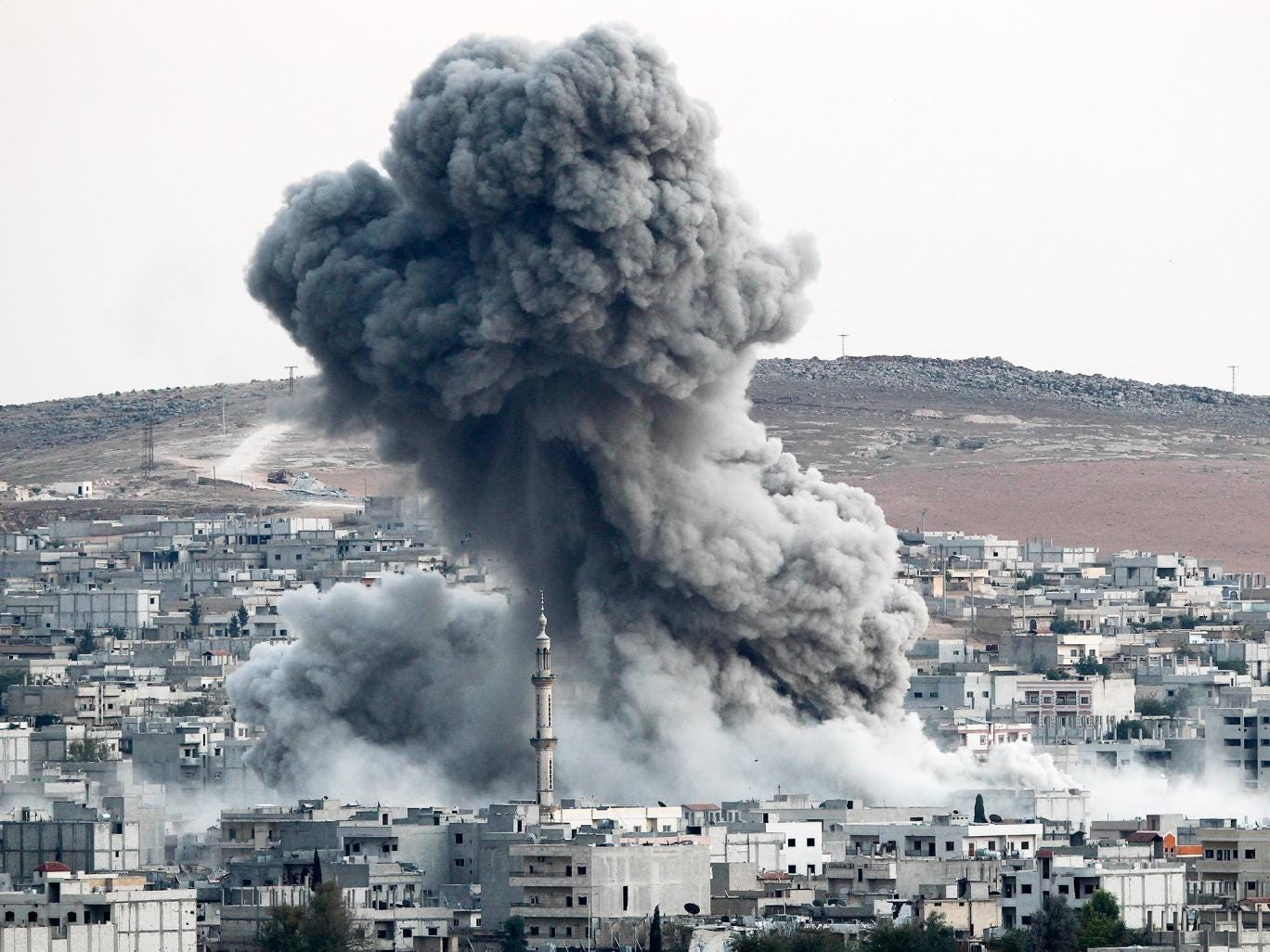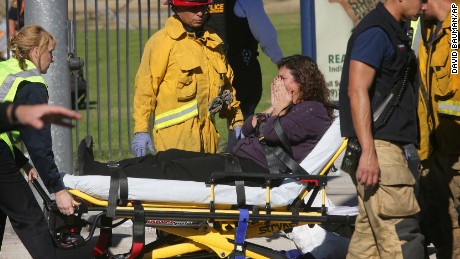 TOBY C. JONES, tobycjones at yahoo.com
TOBY C. JONES, tobycjones at yahoo.com
Jones is an associate professor of history at Rutgers University and author of the book Desert Kingdom: How Oil and Water Forged Modern Saudi Arabia. See his interview on The Real News, “Al Qaeda and the Saudi Agenda.”
HASAN HAFIDH, m
Hafidh is working on his Ph.D. at the University of Leeds in comparative politics of the Middle East focusing on civil society networks and sectarianism in Gulf States.
He said today: “When it comes to existing discourse on efforts to counter radicalization and the subsequent extremism that arises, it appears that Western policymakers and media outlets want to address everything but the actual long-term causes. The elephant in the room being Gulf states (namely Saudi Arabia and Qatar) whose state institutions have acted as an ideological incubator for extremist sentiment to flourish both domestically and abroad.
“It is rarely talked about in a sensible way since the Saudis continue to hire a spree of U.S. lobbyists and PR experts, one of which is the PR powerhouse Edelman. The largest privately owned PR agency in the world, Edelman is known for helping clients with favorable media coverage on mainstream outlets. Meanwhile, a Saudi-led coalition is continuing to bomb the poorest country in the Middle East (Yemen), violating international law in the process, which like many of their activities has Western approval due to lucrative arms deals, in turn, affording Gulf states impunity for any of their actions. This explains the notable media blackout and minimal coverage on events in Yemen across Western media outlets.
“If you look at the relationship extremist movements have with these countries, you find they will employ various discrete or indirect methods of both financing and arming. A prime example being Al-Qaeda’s affiliate in Syria — Jabhat Al-Nusra. GCC states along with NATO member Turkey have effectively armed them through the guise of arming a so-called moderate coalition ‘Jaysh al-Fatah,’ which itself is already comprised of hardline Sunni Islamist groups such as Ahrar al-Sham.
“Qatar in particular, are known to finance such groups by way of paying ransoms; acting as a mediator in hostage situations. The most recent example being in Arsal, Lebanon, where Qatar mediated on a prisoner exchange deal for the release of Lebanese soldiers held captive by the group. Using this method enables them to deflect any charges of culpability for financing what are effectively al-Qaeda insurgents.
“In modern times, much of the extremism we witness today can be traced back to the U.S. and Saudi backing in the 1980s when they built up the Afghan Mujahideen to battle the Soviets; who we come to know today as the Taliban. It just goes to show how such policies of arming the ‘moderate Islamist’ has come back around to bite the U.S., having to invest in conflicts just to get rid of a problem they themselves aided and abetted in creating. We see a similar process taking place in Syria today.
“As part of this process, the Saudis would go on to utilize their petrodollars in order to finance and build fanatical religious schools. In the Punjab region alone, (which today witnesses extremism on a regular basis) has seen Salafi madrassas (or religious seminaries) increase threefold over the last few decades. This links back to a more recent case with the San Bernadino shooting, as U.S. officials found links between the infamous Lal Masjid in Islamabad and the woman [Tashfeen Malik] who took part in the ISIS-inspired massacre. This mosque is notorious for its links to past extremism and its leader (Maulana Abdul Aziz) who has gained a reputation in Pakistan for his hateful rhetoric. In the past, he has expressed support for ISIS, named a library after Osama Bin Laden and refused to condemn a massacre of schoolchildren in Rawalpindi (much to the dismay even of many of his own followers).
“In light of both the San Bernardino shooting and the Paris attacks, it is almost inevitable that despite concerted efforts by intelligence services, terrorist attacks will only become more frequent on Western soil. What remains to be seen, however, is whether Western governments will ever re-evaluate their stance with their allies in the Middle East; if they continue to grant them impunity, this means that any efforts to seriously tackle extremism are all but disingenuous, but it will be civilians who will continue to pay the price for governments which remain in denial as to the ideological roots of extremism.”
See by Lee Fang: “Saudi Arabia Continues Hiring Spree of American Lobbyists, Public Relations Experts” and “Inside Saudi Arabia’s Campaign to Charm American Policymakers and Journalists.”
See from the Daily Pakistan: “San Bernardino female shooter linked to Islamabad’s Laal Masjid.”


 NORMAN SOLOMON, solomonprogressive at gmail.com,
NORMAN SOLOMON, solomonprogressive at gmail.com,  ARUN KUNDNANI, arun at kundnani.org,
ARUN KUNDNANI, arun at kundnani.org,  Last night, President Obama gave a speech on
Last night, President Obama gave a speech on 
 COLEEN ROWLEY, rowleyclan at earthlink.net,
COLEEN ROWLEY, rowleyclan at earthlink.net,  SAM HUSSEINI, samhusseini at gmail.
SAM HUSSEINI, samhusseini at gmail.